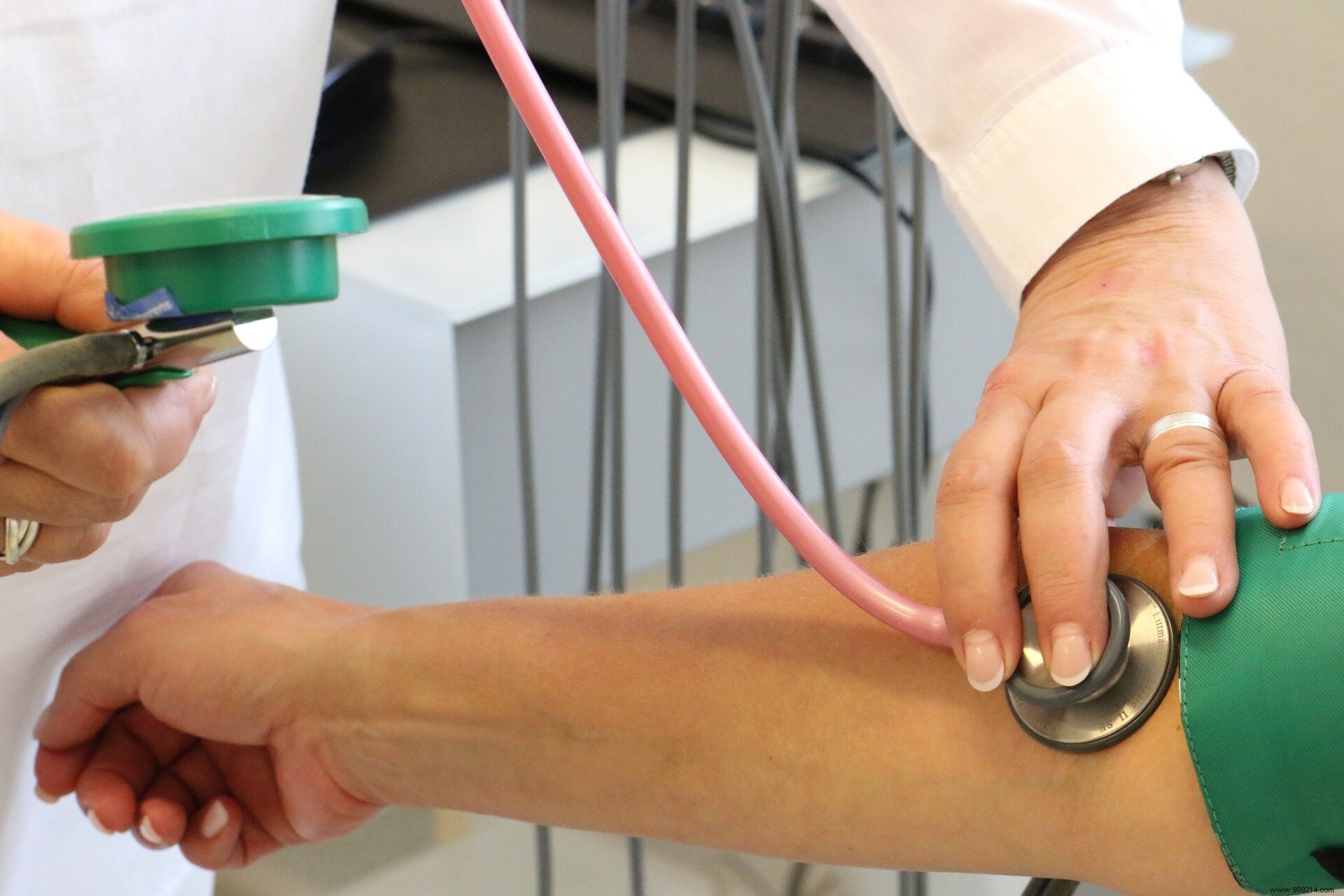The location of our body's natural blood pressure barometers has eluded scientists for over sixty years. Now that is ancient history. Researchers hope this information will lead to new treatments for high blood pressure.
As early as the late 1950s, it was postulated that cells expressing renin (a hormone produced by the kidneys) developed a mechanism for detecting blood pressure. Concretely, the latter would be able to detect slight changes in pressure, and consequently release precise and synchronized quantities of renin to control it. In contrast, the location and nature of these natural "pressure sensors" have always eluded scientists.
Following a recent study, Dr. Maria Luisa S. Sequeira-Lopez and her team at the University of Virginia School of Medicine finally revealed the location of these natural barometers of the human body. They also detail how they work and how they might help prevent problems with high blood pressure (hypertension) or low blood pressure (low blood pressure). Details of the study are published in the journal Circulation Research.
For this work, the researchers exposed in vivo (on genetically modified mouse models) cells expressing renin to low or high blood pressure. They also applied direct mechanical stimuli (pressure or stretching) to cells cultured in Petri dishes.
These actions induced significant changes in the expression of the renin gene (Ren1) and in the phenotype of cells expressing this hormone. These experiments showed that our body's famous natural pressure-sensing mechanism actually resides in these cells .

This much sought-after "baroreceptor" is said to be a "mechanotransducer located inside renin-expressing cells. This mechanotransducer detects changes in pressure outside the cell, then transmits these mechanical signals to the cell nucleus, much like the way the cochlea in our ear transforms sound vibrations into nerve impulses for our brain.
Ultimately, when these baroreceptors sense too much pressure outside the renin cell, production of the hormone is limited. Conversely, too low blood pressure encourages the production of more renin. According to the study authors, this wonderful mechanism is vital for the body's ability to maintain the correct blood pressure .
“I am really excited about this discovery, but also about the work to come “, emphasizes Dr. Maria Luisa S. Sequeira-Lopez. “The next step will be to determine how we can use the information to develop therapies for hypertension “.